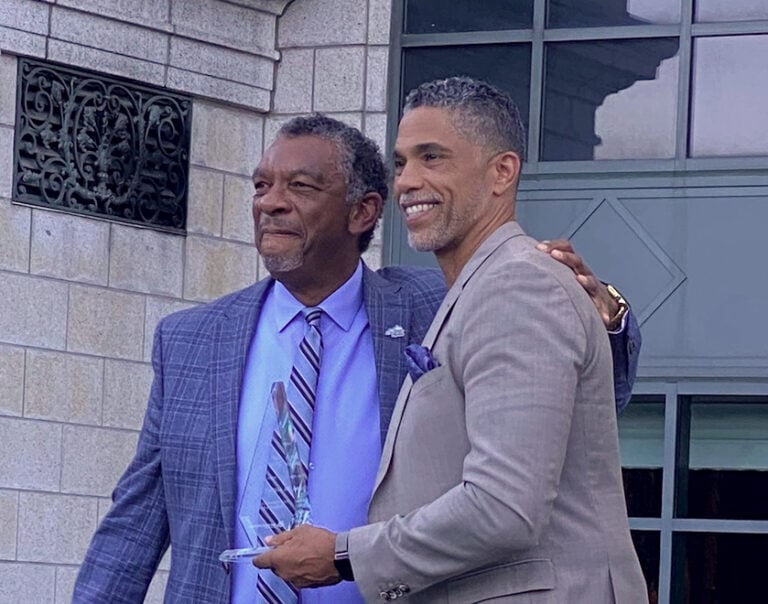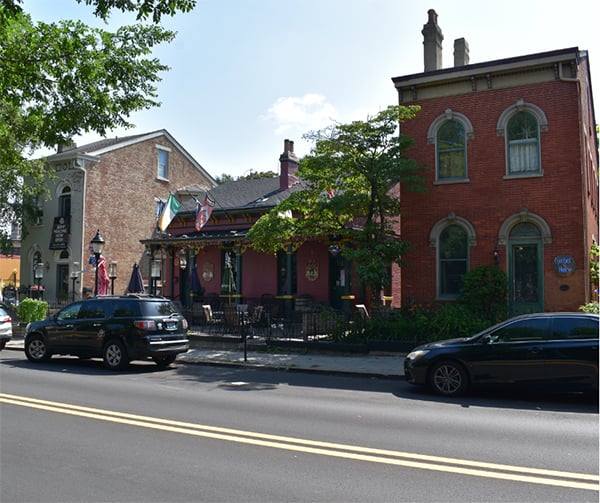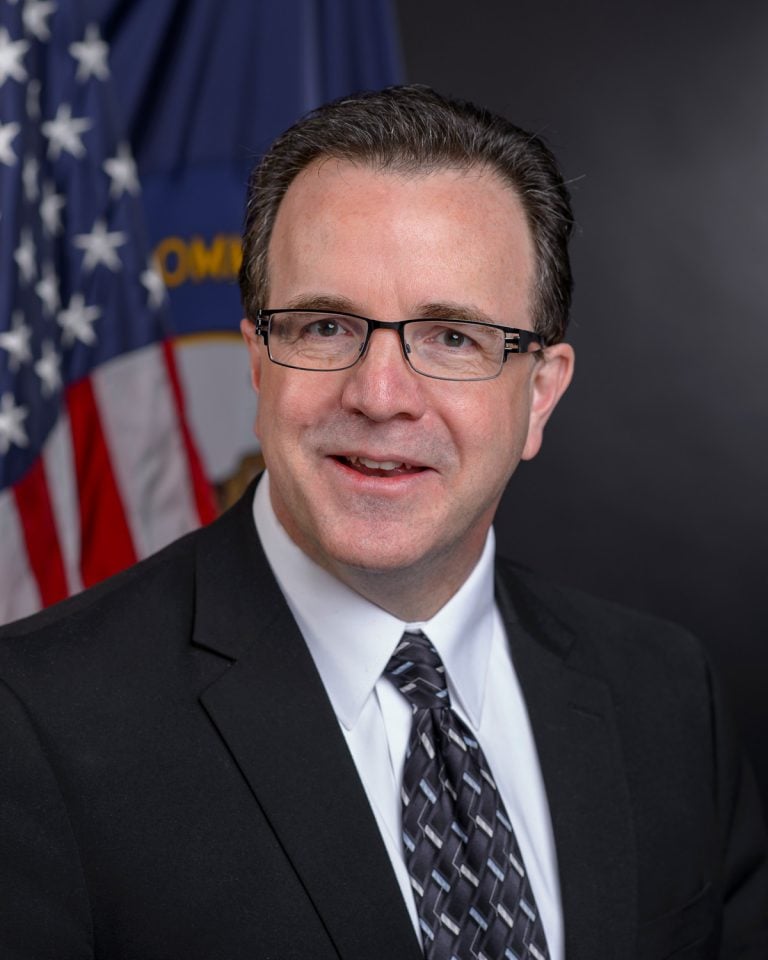
Lawmakers are now in a nine-day recess and will return to the Capitol for the final two days of the 2015 session on March 23 and 24. But before they adjourned last week, there was a flurry of activity.
One of the first bills of the current session that lawmakers sent to Gov. Steve Beshear gained his signature on Monday, becoming the first new state law of the year. House Bill 298 will make possible the construction of a state-of-the-art medical research center to target prevalent diseases in Kentucky, including cancer, diabetes and cardiovascular disease.
The legislation authorizes the issuance of $132.5 million in bonds to build the research center at the University of Kentucky. The university will raise money an additional amount so that the $265 million research center can be built.
HB 298 contained an emergency clause, which allowed the bill to take effect as soon as the governor signed it.
At the time of this writing, the governor had also signed into law a telephone deregulation measure and a bill to allow Kentuckians to use a certain kind of health directive to specify their wishes for end-of-life care.
Lawmakers sent a handful of other bills to the governor to be signed into law this week, including measures on the following:
Breeder’s Cup. House Bill 134 would reinstate a tax break for the Breeders’ Cup at Keeneland in Lexington this year. The legislation would waive the state’s excise tax on live pari-mutuel wagering for the event. The waiver of the pari-mutuel excise tax was reportedly worth about $750,000 the last time the event was at Churchill Downs in Louisville.
Charitable gaming. Senate Bill 33 would allow electronic versions of pull-tab Bingo tickets at charitable Bingo halls across the state.
Crowdfunding. House Bill 76 would help Kentucky entrepreneurs to gain investors through crowdfunding. The bill would allow people to invest up to $10,000 through a crowdfunding platform while helping businesses raise up to $2 million.
Drug abuse. House Bill 24 would prevent youth from misusing certain cough medicines to get high — sometimes called “robotripping” – by restricting access to medicines that contain dextromethorphan. The bill would prevent sales of dextromethorphan-based products, such as Robitussin-DM or Nyquil, to minors.
Early childhood development. House Bill 234 would require early child care and education programs to follow a state quality-based rating system.
Gambling. SB 28 would make it clear in the law that it’s illegal for so-called Internet cafes to sell Internet access to play computer-based, casino-style games, or sweepstakes, in which customers can win cash prizes.
Kentucky Employee Retirement System. House Bill 62 would make sure the agencies that want to leave the Kentucky Employee Retirement System pay their part of the system’s unfunded liability.
Newborn health screening. SB 75 requires newborn health screenings to include checks for Krabbe Disease, an inherited disorder that affects the nervous system.
Sexual assault. Senate Joint Resolution 20 would direct the Auditor of Public Accounts to study the number of sexual assault examination kits in the possession of Kentucky police and prosecutors that have not been sent to the state’s forensic lab for testing. The resolution is aimed at helping the state know the scope of a backlog that needs attention.
Schools. SB 119, as amended, would help schools deal with the unusually high number of “snow days” caused by a harsh winter. The bill would give school districts until June 5 to complete all 1,062 school instructional hours required by the state. Any remaining hours that cannot be made up could be waived by the state. School days would not be allowed to exceed seven hours or be held on Saturdays. SB 119 also contains provisions that would require school administrators, teachers, office state, teaching assistants, coaches and other employed by a school district to receive training on ways to recognize and prevent on child abuse.
Spina bifida. SB 159 would require health care providers to give information about spina bifida and treatment options to parents whose unborn children have been diagnosed with the disorder.
Strokes. Senate Bill 10 would improve care for stroke victims by requiring the state to make sure local emergency services have access to a list of all acute stroke-ready hospitals, comprehensive stroke centers, and primary stroke centers in Kentucky. Emergency medical services directors would be required to create protocols for assessment and treatment of stroke patients for stroke victims.
Veterans. House Bill 209 would create “Gold Star Sibling” specialty license plates for Kentuckians with a sibling who died while serving in the U.S. armed forces. The plates would be based on the Gold Star plates already available to parents and spouses.
Lawmakers have now returned to their home districts for the veto recess, the period of time in which lawmakers wait to see if any of the bills they passed are vetoed by the governor. The recess allows lawmakers to use their time in session after the recess to consider whether or not to override vetoes before adjourning the session.
There are bills that many lawmakers hope to see passed after the veto recess, most notably some form of anti-heroin legislation. Both chambers have passed bills to strengthen sentences against traffickers and to provide more treatment options to addicts, but some of the differences between each chamber’s bills are still being negotiated. Leaders in both chambers have expressed optimism that an anti-heroin bill will be approved before the 2015 session adjourns.
The Kentucky Legislature Home Page, www.lrc.ky.gov, provides information on each of Kentucky’s senators and representatives, including phone numbers, addressees and committee assignments. The site also provides bill texts, a bill-tracking service, and committee meeting schedules.
To leave a message for any legislator, call the General Assembly’s Message Line at 800-372-7181. People with hearing difficulties may leave messages for lawmakers by calling the TTY Message Line at 800-896-0305.
You may also write any legislator by sending a letter with the lawmaker’s name to: Capitol Annex, 702 Capitol Avenue, Frankfort, Kentucky 40601.
From Legislative Research Commission


















